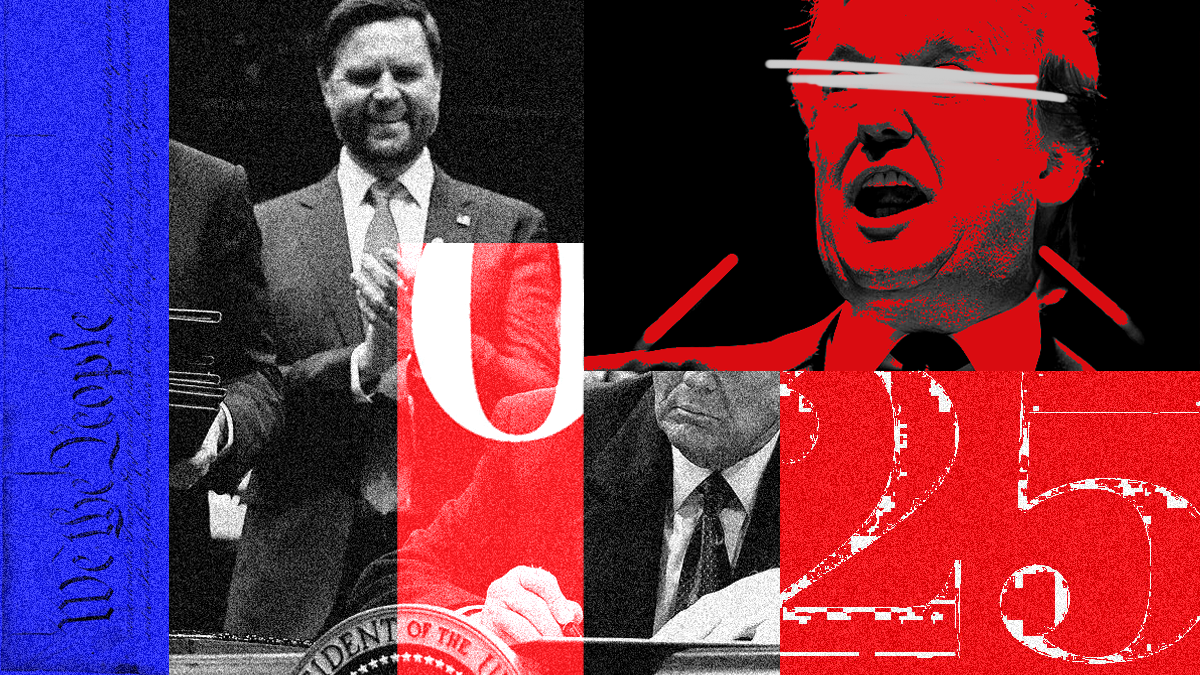A New Trump Administration Plan Threatens the Health of Millions of Medicaid Recipients


A new Trump Administration plan to convert Medicaid funding into limited block grants threatens the health of millions of Medicaid recipients.
Medicaid is a vital source of health coverage for millions of low-income Americans. Medicaid currently provides coverage to nearly 65 million parents, children, adults, pregnant women, elderly and people with disabilities. Women make up the majority of the adult Medicaid population. Nearly one in five women access vital health care services through Medicaid, including physician and hospital care, preventive screenings, pregnancy-related care, contraceptive coverage and long-term care services.
The recently released Centers for Medicare and Medicaid (CMS) Medicaid Block guidance is a radical and unlawful departure from existing Medicaid financing that puts women and their families at risk. Medicaid is a joint financing effort of both the state and federal government. For every dollar a state spends it receives a specific amount of federal funds. For the Medicaid Expansion population, those earning up at $17,236 a year as an individual and $29,435 for a family of three, states receive an enhanced matching rate of 90 cents paid by the federal government for every dollar spent. The financing structure proposed by this Administration would instead provide a set amount of money in the form of a block grant.
Because block grant funding is static, it cannot respond to changes in need—for example, because of a recession, natural disaster, or increase in the cost of the benefit or service. This shifts the costs of any increase in Medicaid spending to states, which incentives states to cut Medicaid coverage, benefits and other critical services. Moreover, under this guidance, individuals who meet all eligibility requirements are not guaranteed benefits—states have the freedom to limit eligibility to a “defined subset” of individuals.
This proposal is nothing more than an unlawful Medicaid cut disguised as Medicaid reform.
The Trump Administration claims that the “flexibility” states would get through block grant financing would make up for the cuts in funding. This claim does not hold water. The “flexibility” at hand would allow states to limit the number of people served and the cut the benefits they provide. Block granting Medicaid Expansion enrollment will give states the authority to deny or delay enrollment to eligible people by enacting artificial administrative barriers. Block grant financing also incentivizes states to reduce Medicaid benefits by cutting services that are currently provided (for example, restricting access to prescription medications); setting limits on the utilization of benefits; eliminating retroactive coverage and raising the amount that people must pay for such services through deductibles and copayments and assessing premiums for even the lowest-income enrollees. Each of these possibilities will result in loss of coverage for women for need access to Medicaid.
This guidance puts women’s lives at risk.
The health benefits of Medicaid expansion cannot be overstated. Medicaid expansion has improved access to care, utilization of services, the affordability of care, and financial security among women. Coverage has increased in low-income workers, mothers, women of reproductive age (with and without children), young adults, low-income adults who screened positive for depression, cancer patients, women diagnosed with a gynecologic malignancy, adults with a history of cardiovascular disease or two or more cardiovascular risk factors, parents, lesbian, gay, and bisexual adults, low-educated adults, justice-involved individuals, and childless adults with incomes under the federal poverty level. These populations have traditionally been underserved and are most in need of coverage and access to care.
Allowing states to finance Medicaid through block grants will undo these gains.
Block grant financing will inevitably result in low-income women, over half of whom work outside the home and many others who are caring for family members or attend school, losing their health coverage and access to critical services. Among all sources of coverage, Medicaid disproportionately covers the poorest and sickest population of women. Low-income and low-wage women, without access to coverage, are more likely to go without care because of cost, are less likely to have a regular source of care and utilize preventive services at lower rates than low-income women with health insurance.
The National Women’s Law Center strongly opposes this unlawful and harmful Medicaid block grant guidance. We will not stand by while this Administration undermines the gains realized by the Affordable Care Act. This Administration’s attempts to pit Medicaid populations against one another goes against what we know as a nation. Healthy children come from healthy households and healthy women contribute to their families, their state’s economies and their communities. Medicaid coverage must be preserved. It is crucial to women’s access to care and quite literally saves lives.




